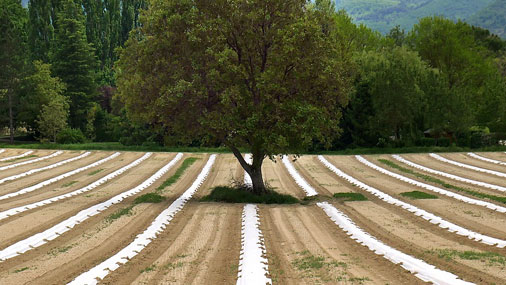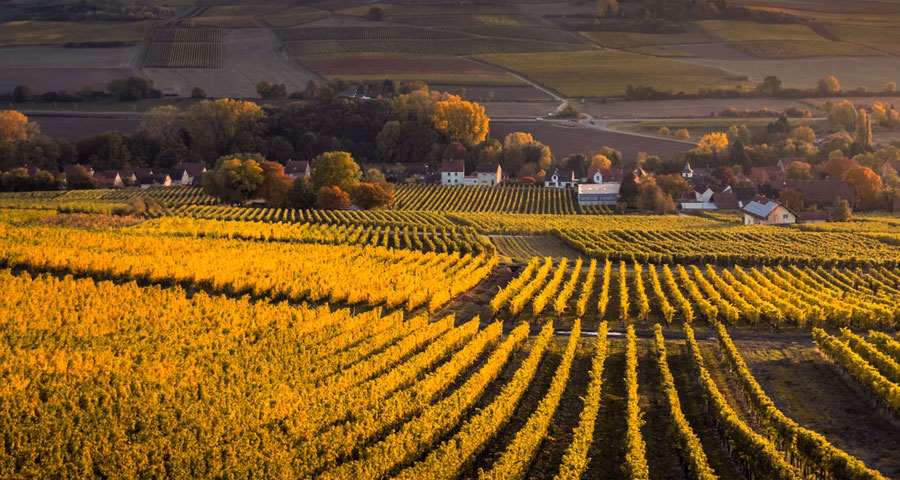The food systems today supply a large volume of goods to the market. However, the food system is resource-intensive, and it affects the land due to deforestation, biodiversity loss, scarcity of water, greenhouse emissions, and soil depletion.
These have serious consequences on the environment, and we are now facing very critical climate change and other challenges. The inequalities remain in this system for which we are wasting a lot of food, and people in many parts of the world remain hungry.
Agroecology can bring a change in response to the instability in climate. It can meet the increasing demand for food. It applies ecological and social concepts to design food systems. It makes the interaction between plants, humans, animals, and the environment better.
Agroecology uses a bottom-up approach to solve local food problems. It uses the traditional and local knowledge of the producers.
It gives autonomy and empowers the farmers. It addresses the root causes of the food system. It focuses on the youth and indigenous people and women’s rights.
Global food production is now threatening food sovereignty. Food production is being threatened, and our health is deteriorating. The system uses energy-intensive inputs, which are costly.

Many companies understand the need to protect the environment and people’s health by transforming the food system, and agroecology seems to be the solution. The conventional farming model depends on chemical and mechanical technologies for more food production.
This model disregarded many aspects of good farming, which led to ecosystem imbalance. Consequently, it has affected our health, society, and environment.
On the other hand, agroecology talks about the interrelatedness of the agroecosystem components to bring stability to the system. It stresses the need for the application of ecological concepts to the design of sustainable farmland ecosystems.
If we can understand the ecological relationships and processes like symbiosis, diversity, nutrient cycling, prey interactions, and other things, then food production can be improved and produced sustainably. There won’t be any negative effect on the environment as well.
Agroecology doesn’t focus on producing more food; instead, it focuses on eco-efficiency, which means increasing the yields per input. Agroecology addresses the need to reduce waste and distribute nutritious food.
Agroecology has become a known concept since the 1980s, and various farmer groups, research centres, organisations, and NGOs are realising its importance. This can improve the food system and alleviate poverty.
In the UK, a new agroecology bill has been passed, which ensures that a huge amount of public goods be delivered. It focuses on the healthy production of local food, reducing the effect of climate change, and restoring the environment.
In the future, many companies will adopt this practice and move towards producing nutritious food. They won’t focus on the quantity of food but on the quality.







